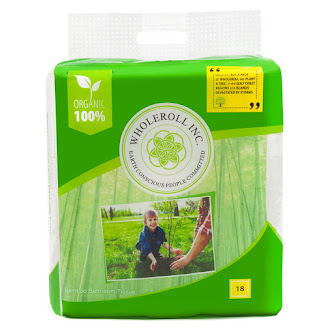It doesn't matter how much technological progress we have made to date. Agriculture remains the backbone of our survival as it satisfies
the most basic of our needs which is food. Technology has been in the forefront in
ensuring that agriculture is enhanced in a variety of ways. However, some
practices have led the chemical to our dining tables and of course polluting
the environment.
Organic
farming is an agricultural method where the environment is being preserved and
the plant ecology maintained without the use of toxic chemicals and processed
fertilizers in the farming. Here are common techniques that make up the organic
farming;
Crop rotation
This
technique involves growing various crops on a given piece of land in that
different crops grow in different seasons sequentially. This helps in
replenishing nutrients that may have been exhausted by a particular type of
crops. Legumes are important in aiding nitrogen fixation in the soil. Thus,
they form part of the crop rotation schedule.
Green
manure
Rather
than the fertilizers, organic farming makes use of green manure to add the
nutrients to the soil. This manure is made from dying plants that are used to
make compost as well as household animal droppings. This kind of manure also
helps in increasing the soil quality.
Biological
pest control
Another important aspect of organic farming is
the limited or no use of chemicals to control pests and diseases in plants.
Rather living organisms and crop husbandry practices are used to control pests
and diseases. Most of the chemicals that remain in the food after harvest gets
into the food at this stage. Organic farming deals with this problem using
natural alternatives.
Weed management
Weed is
any unwanted plant that grows in the agricultural field. In organic
agriculture, we focus more on suppressing the weeds rather than using
labor-intensive methods to control the weed. The two commonly used methods
include mulching where compost is layered on the spaces between the plants to
block the growth of weed and mowing which in involves cutting the winds top
growth to limit the growth.
Genetic modification
Organic
agriculture discourages the use of genetically modified organisms in enhancing
crops and soils. Instead, it strives to use natural ways to enhance the farm.
Despite higher production using GMOs, these organisms have known negative
effects on soil and human beings when consumed as food.
Are you looking for healthy food in your diet?
Consider practicing organic farming in your kitchen, garden or the backyard. You won't grow dollar bills, but the results from healthy eating will be priceless.







